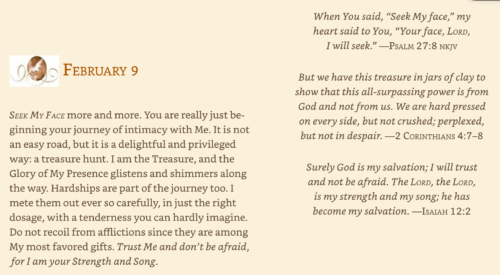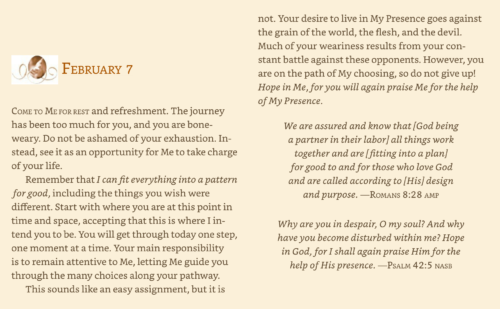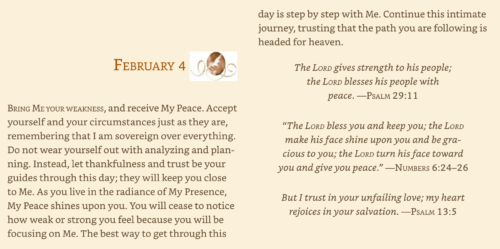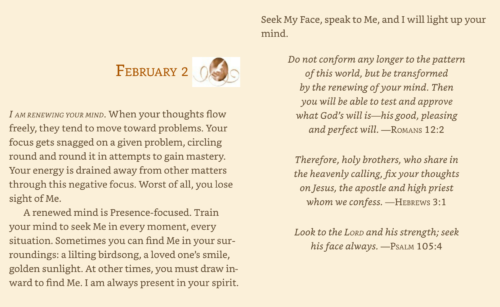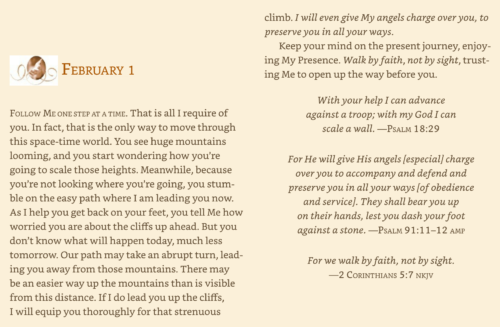A person with ubuntu is open and available to others,
affirming of others, does not feel threatened that others are able and good,
for he or she has a proper self-assurance that comes from knowing that he or
she belongs in a greater whole and is diminished when others are humiliated or
diminished.
—Desmond Tutu, No Future without Forgiveness
Author and activist Mungi Ngomane follows the passion of her recently deceased grandfather, the South African bishop and human rights activist Desmond Tutu, believing that ubuntu provides a unifying and hopeful vision for our diverse world:
Ubuntu is a way of life from which we can all learn. . . . Originating from a Southern African philosophy, it encompasses all our aspirations about how to live life well, together. We feel it when we connect with other people and share a sense of humanity; when we listen deeply and experience an emotional bond; when we treat ourselves and other people with the dignity they deserve. . . .
I was raised in a community that taught me ubuntu as one of my earliest lessons. My grandfather, Archbishop Desmond Tutu, explained the essence of ubuntu as, “My humanity is caught up, is inextricably bound up, in yours.”
In my family, we were brought up to understand that a person who has ubuntu is one whose life is worth emulating. The bedrock of the philosophy is respect, for yourself and for others. So if you’re able to see other people, even strangers, as fully human you will never be able to treat them as disposable or without worth. . . .
Ubuntu teaches us to also look outside ourselves to find answers. It’s about seeing the bigger picture; the other side of the story. Ubuntu is about reaching out to our fellow men and women, through whom we might just find the comfort, contentment and sense of belonging we crave. Ubuntu tells us that individuals are nothing without other human beings. It encompasses everyone, regardless of race, creed or color. It embraces our differences and celebrates them. [1]
Desmond Tutu taught that ubuntu celebrates our diverse interdependence and is related to the wholeness or peace that Jesus brings:
We find that we are placed in a delicate network of vital relationship with the Divine, with my fellow human beings and with the rest of creation. . . . We are meant then to live as members of one family, the human family exhibiting a rich diversity of attributes and gifts in our differing cultures as members of different races and coming from different milieus—and precisely because of this diversity, made for interdependence. . . .
The peace we want is something positive and dynamic. In the Hebrew it is called shalom which refers to wholeness, integrity; it means well-being, physical and spiritual. It means the abundance of life which Jesus Christ promised he had brought. It all has to do with a harmonious coexistence with one’s neighbors in a wholesome environment allowing persons to become more fully human. [2]
____________________________________________________________
I AM ABOVE ALL THINGS: your problems, your pain, and the swirling events in this ever-changing world. When you behold My Face, you rise above circumstances and rest with Me in heavenly realms. This is the way of Peace, living in the Light of My Presence. I guarantee that you will always have problems in this life, but they must not become your focus. When you feel yourself sinking in the sea of circumstances, say, “Help me, Jesus!” and I will draw you back to Me. If you have to say that thousands of times daily, don’t be discouraged. I know your weakness, and I meet you in that very place.
EPHESIANS 2:6;
6 And He raised us up together with Him [when we believed], and seated us with Him in the heavenly places ,
MATTHEW 14:28–32;
Lord, if it’s you,” Peter replied, “tell me to come to you on the water.” 29 “Come,” he said. Then Peter got down out of the boat, walked on the water and came toward Jesus. 30 But when he saw the wind, he was afraid and, beginning to sink, cried out, “Lord, save me!”
ISAIAH 42:3 ;
a bruised reed he will not break, and a faintly burning wick he will not quench; ( B) he will faithfully bring forth justice.
Young, Sarah. Jesus Calling Morning and Evening Devotional (Jesus Calling®) (p. 80). Thomas Nelson. Kindle Edition.
